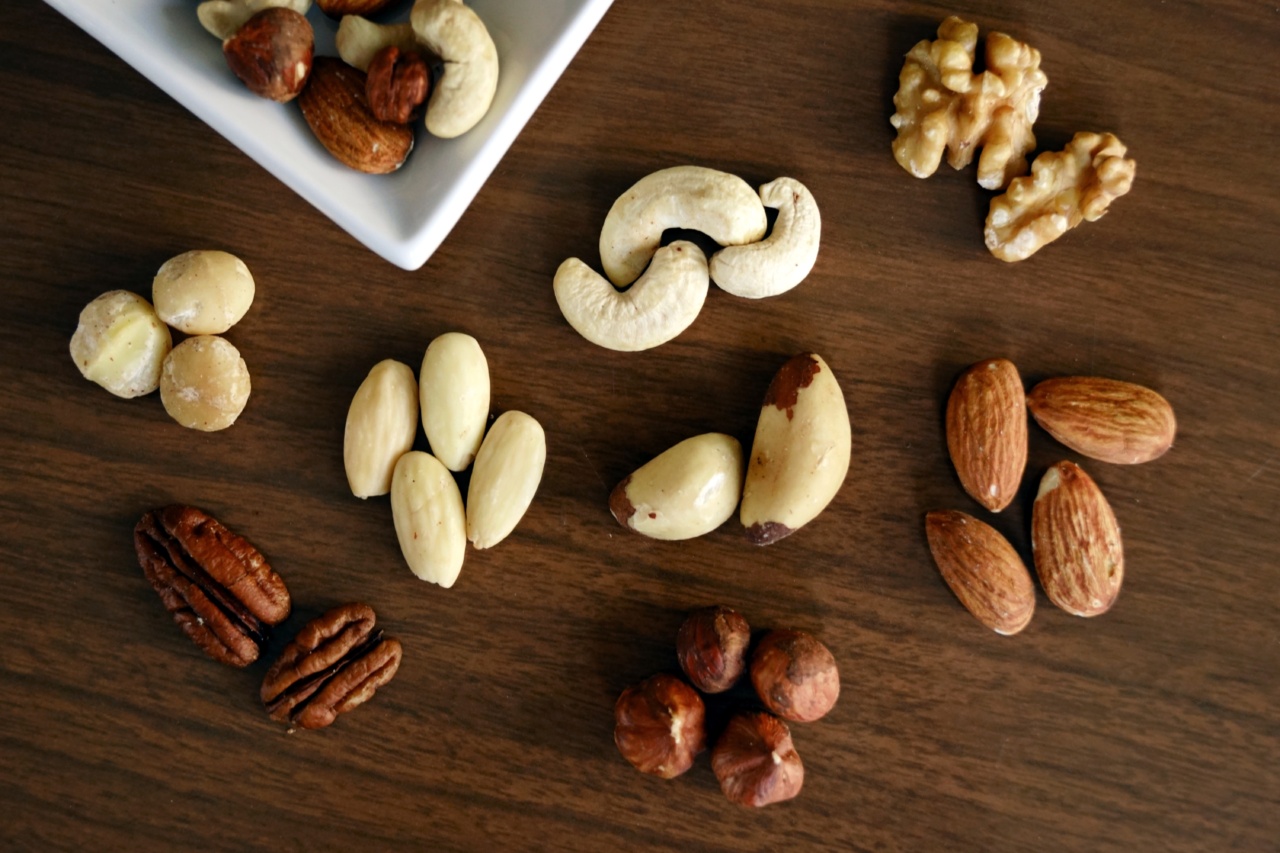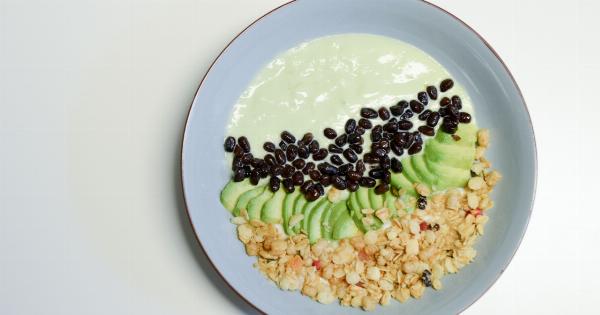Nuts are not just a delicious and convenient snack; they also pack a powerful nutritional punch. Packed with vitamins, minerals, healthy fats, and antioxidants, nuts offer numerous health benefits when consumed in moderation.
However, not all nuts are created equal. Some nuts are healthier than others due to their specific nutrient profiles. In this article, we will explore the best and worst nut choices for your health.
1. Almonds
Almonds are undoubtedly one of the best nuts for your health. These crunchy delights are rich in vitamin E, magnesium, calcium, and healthy monounsaturated fats.
They have been linked to reducing the risk of heart disease, lowering cholesterol levels, and controlling blood sugar levels. Snacking on a handful of almonds can provide a satisfying and nutritious boost to your day.
2. Walnuts
Walnuts are often referred to as “brain food” due to their high concentration of omega-3 fatty acids. These essential fats are crucial for brain health and have been associated with improved cognitive function.
Additionally, walnuts are rich in antioxidants and are known for their anti-inflammatory properties. Including walnuts in your diet can enhance overall brain health and contribute to a strong immune system.
3. Pistachios
Pistachios are not only tasty but also highly nutritious. These green gems are an excellent source of protein, fiber, and healthy fats. They are also packed with antioxidants, vitamins, and minerals.
Pistachios have been shown to lower cholesterol levels, improve heart health, and aid in weight management. Due to their unique quality of being shell-enclosed, they may also promote mindful eating and portion control.
4. Brazil Nuts
Brazil nuts are a nutritional powerhouse, mainly due to their high selenium content. Selenium is an essential mineral that acts as a powerful antioxidant. It helps protect the body against oxidative stress and supports a healthy immune system.
Brazil nuts are also a good source of healthy fats, protein, and fiber. Sharing a few Brazil nuts with friends can provide a satisfying and nutrient-dense snack.
5. Cashews
Cashews are not only delicious but also offer an array of health benefits. They are a rich source of monounsaturated fats, which are heart-healthy fats that can help reduce the risk of heart disease.
Cashews also contain important minerals like zinc, magnesium, and copper, which are essential for various bodily functions. Whether enjoyed alone or used as a creamy base for dairy-free sauces and desserts, cashews make a valuable addition to a balanced diet.
6. Hazelnuts
Hazelnuts, also known as filberts, are packed with nutrients that support overall health. They are an excellent source of vitamin E, which acts as a potent antioxidant in the body.
Hazelnuts are also abundant in monounsaturated fats, fiber, and various essential minerals like magnesium and potassium. Incorporating hazelnuts into your diet can promote heart health and contribute to a well-functioning digestive system.
7. Peanuts
Peanuts are technically legumes, but they are commonly considered nuts due to their similar nutritional profiles. Peanuts are one of the most affordable and easily accessible nuts available.
They are packed with protein and monounsaturated fats, making them a great choice for vegetarians and vegans. Peanuts also provide a good amount of dietary fiber and various vitamins and minerals. However, it’s important to consume peanuts in moderation as they can be high in calories and some people may have allergies.
8. Macadamia Nuts
Macadamia nuts are native to Australia and are praised for their unique and creamy taste.
Although they are high in calories and fat, the majority of the fats in macadamia nuts are monounsaturated fats, which are known for their heart-protective benefits. Macadamia nuts also offer various vitamins, minerals, and antioxidants. They can be enjoyed on their own as a snack or used in baking and cooking to add texture and flavor to dishes.
9. Pecans
Pecans are not only delicious but also incredibly nutritious. They are packed with antioxidants, including vitamin E, which helps protect the body’s cells from damage caused by free radicals.
Pecans are also a good source of fiber, healthy fats, and essential vitamins and minerals. Adding pecans to your diet can help improve digestion, boost brain health, and support a healthy immune system.
10. The Worst Choices: Candied & Salted Nuts
While most nuts offer numerous health benefits, some nut options should be consumed with caution.
Candied and salted nuts, such as honey-roasted or chocolate-covered varieties, may taste delicious but are often loaded with added sugars, unhealthy fats, and excessive sodium. These additions can significantly diminish the health benefits of nuts and may contribute to weight gain, high blood pressure, and other health issues.
It’s best to avoid or limit the consumption of candied and salted nuts and opt for raw or unsalted versions instead.
In Conclusion
Adding a variety of nuts to your diet can be an excellent way to boost your overall health and well-being.
The best nut choices, such as almonds, walnuts, pistachios, Brazil nuts, cashews, hazelnuts, peanuts, macadamia nuts, and pecans, offer a wide range of essential nutrients, healthy fats, and antioxidants. These nuts have been associated with numerous health benefits, including improved heart health, brain function, and immune support.
However, it’s important to consume nuts in moderation, as they are calorie-dense and can contribute to weight gain if consumed in excess.
Additionally, it’s crucial to avoid or limit the intake of candied and salted nuts, as they often contain added sugars, unhealthy fats, and excessive sodium, which can be detrimental to your health.






























